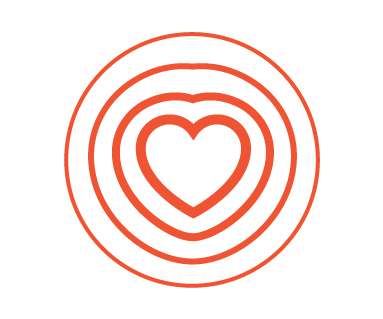Revolutionizing Healthcare: The power of Digital Health in dietary education for chronic conditions
Digital Health Global
SEPTEMBER 8, 2023
In 2017 alone, dietary risk factors were responsible for close to 11 million deaths and 255 million disability-adjusted life years across the globe. In this context, digital health emerges as a catalyst for revolutionizing healthcare delivery. Thus, a critical question arises: can digital health truly revolutionize dietary care?
















Let's personalize your content